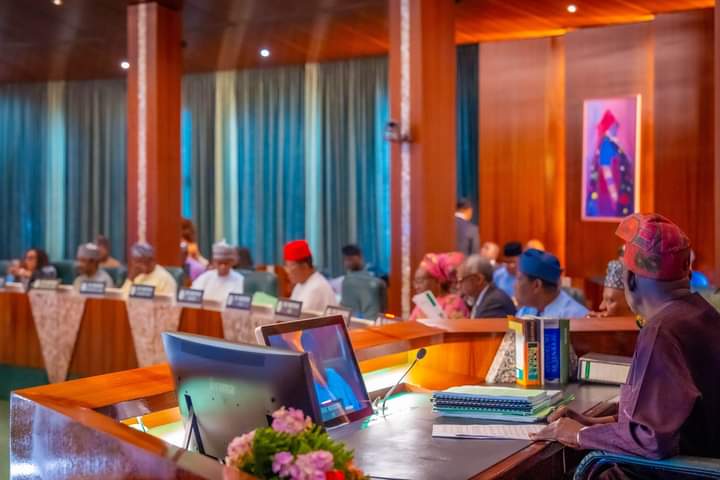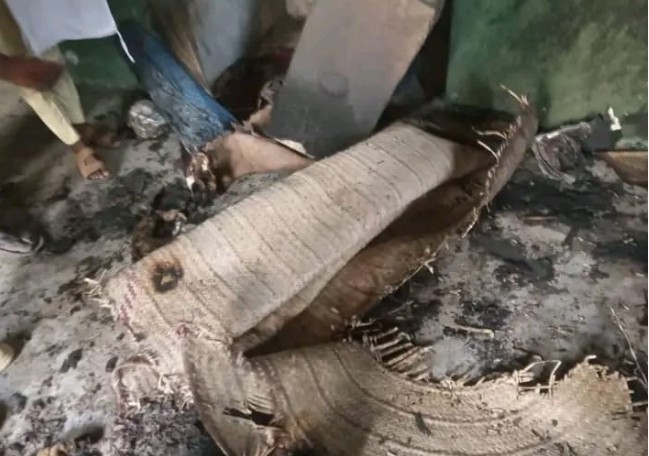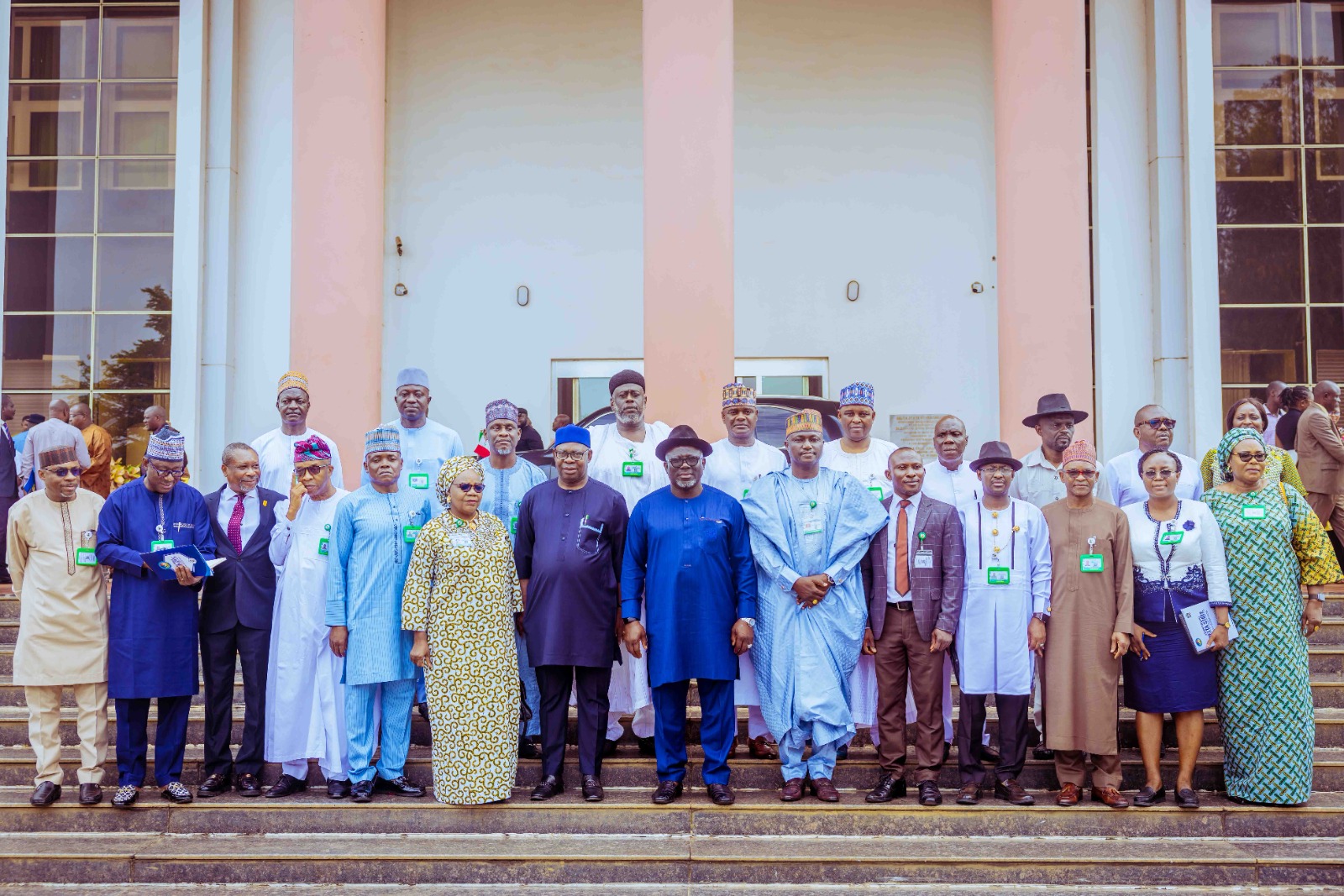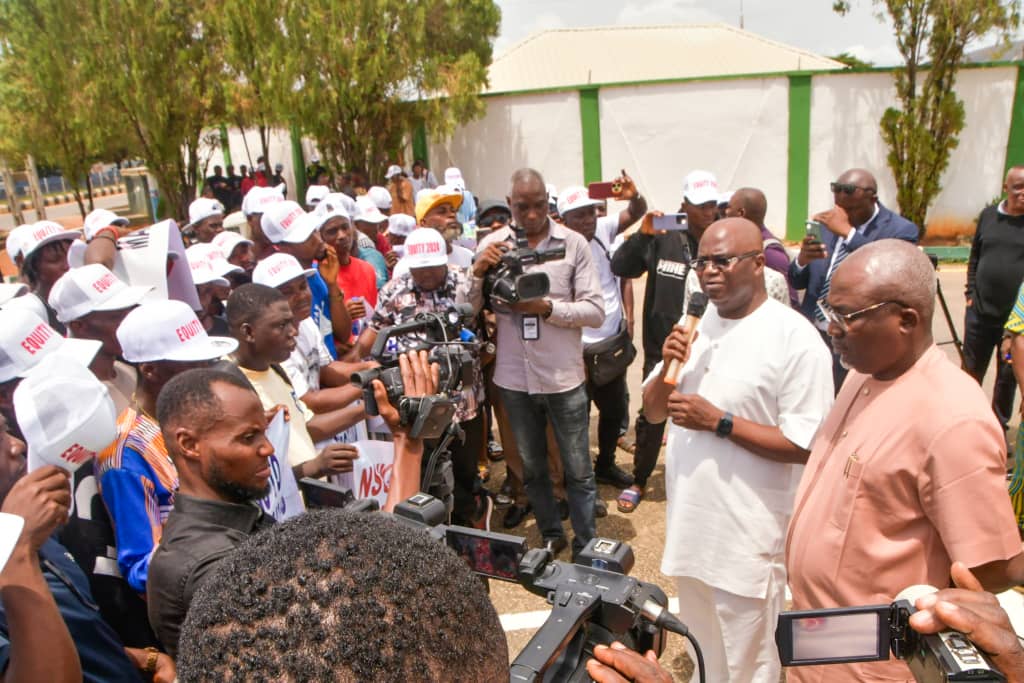Cybersafe Foundation on Tuesday graduated the first cohort of 2400 girls and ladies between 15 and 40 years from the DigiGirls programme.
The News Agency of Nigeria (NAN) reports that DigiGirls is an initiative of the Cybersafe Foundation in collaboration with the United Kingdom to empower Nigerian girls and women on digital skills.
The British High Commissioner to Nigeria, Catriona Laing, said at the Digi-Girls graduation and Workshop on International Women’s Day that the UK would support Nigeria to create 100 million jobs in 10 years.
Laing said that the digital economy would play a major part in unlocking this, adding that improving girls’ access to education was a key part of the UK’s G7 Presidency.
‘’We are also delighted that as announced in February by the UK’s Minister for Africa, during her visit to Nigeria.
‘’We are able to expand this project to directly benefit an additional 4000 women, and reach a further 10,000 women through the train-the-trainer approach.
‘’We believe that the programmes will help in addressing the digital inequality in Nigeria – that currently holds a 15 per cent gender gap against women,’’ she said.
Laing congratulated the first graduating cohort of women and girls of the Digi-Girls programme, saying that women’s rights are human rights enshrined in conventions that the UK government supports strongly.
The high commissioner said that when people challenge discrimination and gender inequality such as the digital gender divide in Nigeria and many places around the world, we #breakthebias for everyone to benefit.
She said that COVID-19 had led to the reversal of hard-fought progress: women have been hardest hit economically;
According to her, there is a global surge in gender-based violence and millions of girls are estimated to be at risk of Female Genital Mutilation and millions of adolescent girls may never return to school.
Laing said that women were critical front-line responders when a crisis hits and are crucial voices in decision-making processes – if given the space to be heard.
She also highlighted efforts of the UK and Nigeria in the digital space, saying that Nigeria needs a combination of increased access to safe, affordable, faster better quality internet to continue to drive this growth.
‘‘An encouraging regulatory environment, a skilled talent pool and access to investment and partnership opportunities.’
Also speaking at the event, the visioner, Digi-Girls, Mrs Confidence Staveley, appreciated the UK government for the support and collaboration.
Staveley said that the training, which was on three pillars of training, mentorship and internship, was to make the girls employable.
She said that so many states were involved in the training to show the diversity of the programme.
According to her, the challenges during the training was basically access to infrastructure because outside the training hub most of the girls were limited to their phones.
Also highlighting the improvements of the programme, she said that there was an increased number of applications of over 12000 applications which showed the increased awareness and acceptability and importance of the programme.
According to her, the second cohort of the programme would accept 4000 girls due to the increased number of applications and there would be gratification, disability inclusion and scaling for more community impact.
Staveley said that women who get accepted for the programme would be gratified either through points or other ways; also there would be audio recordings to enable disability inclusion.
NAN reports that the graduation was also to commemorate International Women’s Day, an annual event celebrated every March 8 with this year’s theme being ‘Break The Barrier’.









